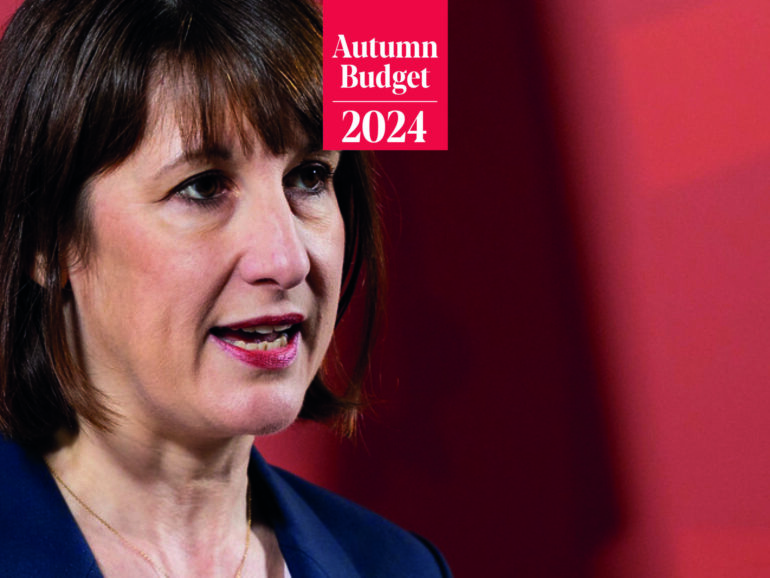74% of UK small to medium enterprises (SMEs) think the upcoming Budget will impact their future growth plans, according to research from Simply Asset Finance.
Nearly a third of businesses (31%) believed it will have a significant impact, while 13% reported it would be fundamental.
Only 15% expected no impact on their growth plans.
The findings highlighted that due to the current economic climate, 30% of SMEs have raised their prices, 16% have switched to fully remote working, and 16% have outsourced more business services.
Additionally, 16% of SMEs have paused or reduced investment in innovation and growth.
Among the challenges facing businesses, 49% worried about a stagnant economy, while 37% were concerned about high inflation, and 35% were uneasy about high interest rates affecting costs and credit availability.
Despite these worries, 42% were optimistic about the year ahead, with 30% believing it will be a “pretty good year” and 12% feeling “really excited” about growth prospects.
However, 18% acknowledged that they may not grow as much as they would like.
Only 25% planned to borrow to invest in technology, while around 19% intended to use borrowing to expand into new markets.
17% said they aim to expand their workforce and upgrade existing infrastructure, while 15% planned to invest in machinery.
Only 11% of UK SMEs intended to use external finance specifically for R&D innovation.
When asked about the Government’s progress in supporting businesses, opinions were mixed; while 40% felt underwhelmed, 31% were pleased.
SMEs identified key issues they want the government to address in the upcoming Budget: help with high energy costs (33%), reducing red tape (28%), and more tax incentives for innovation (27%).
Close behind were calls for closer ties to the EU (24%) and Government-backed loans for small businesses (24%).
One in five (20%) also highlighted better transport infrastructure as a priority.
Mike Randall, CEO at Simply Asset Finance, said: “It’s evident that the Government does not yet have the full confidence of UK business, but the budget is an opportunity for that to be tackled head on.
“Businesses up and down the UK recognise that the next 12 months offers a real opportunity for them to grow. But they need a helping hand to seize it.
“The OECD recently updated its growth forecasts for 2024 from 0.4% in May, to 1.1%.
“While achieving this requires the success of small and medium-sized businesses, if the UK is to be serious about growth, the investment ambition needs to be much greater.
“The Government needs to recognise the importance of the budget to these growth plans, listen to what businesses need, and take action to support them accordingly.
Randall added: “By providing targeted support around high energy costs, reducing red tape, and offering tax incentives for innovation, the Government can empower SMEs to innovate, grow, and compete locally, nationally, and even globally.
“By doing that, we can create an environment where SMEs thrive, driving economic growth and innovation.”



